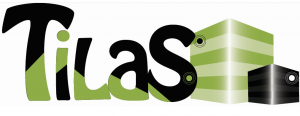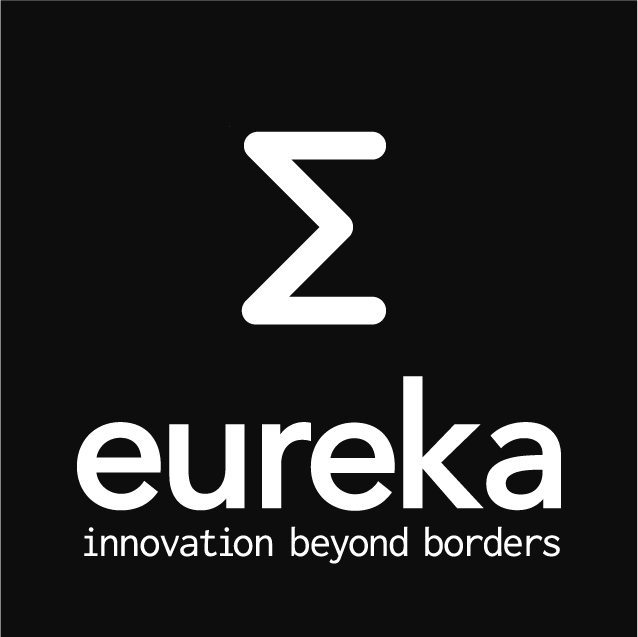Enabling cities to be smarter
 Smart City evolution requires the deployment of a large number of IoT (Internet of Things) systems and devices, bringing new issues related to network and device management, security, and exploitation of large amounts of data. The EUREKA Celtic-Plus Cluster project TILAS addressed these challenges and opened the way for new interoperable, sustainable and energy efficient IoT applications in urban environments.
Smart City evolution requires the deployment of a large number of IoT (Internet of Things) systems and devices, bringing new issues related to network and device management, security, and exploitation of large amounts of data. The EUREKA Celtic-Plus Cluster project TILAS addressed these challenges and opened the way for new interoperable, sustainable and energy efficient IoT applications in urban environments.
The use of the Internet of Things (IoT) and Smart City concepts have grown across Europe and globally recently. From a technical standpoint Smart Cities rely on the evolution of wireless sensor networks, but the scale of the deployment required means that new ways of managing and protecting these networks are required. In particular differences in system performance have been noted between experimental deployments and large-scale real world situations.
The Technology Improvements for Large Scale Smart Cities Deployments (TILAS) project used real city environments (Santander in Spain and Seoul in South Korea) as IoT test-beds in combination with laboratory trials in Paris and Grenoble, France.
“Initial IoT experimental deployments revealed significant missing components which are critical when facing massive IoT deployments,” says Aránzazu Sanz, Chief Operating Officer of project co-ordinator TST. “The TILAS consortium designed innovative solutions to address these challenges.”
Smart applications
All the solutions designed in TILAS have been deployed on top of large scale testbeds already running in several cities and laboratories. A vehicle traffic pattern monitoring platform based on nitrogen dioxide (NO2) and ozone (O3) sensors was deployed in Santander. This platform was tested on top of several devices integrated with the large scale IoT platform running in the city.
“Practical tools that will enable sustainable and efficient Smart Cities IoT deployments”
In Seoul real-time data monitoring for a water management system was implemented, which included TILAS components on cloud-based services.
The laboratory trials ranged from image/video surveillance systems with advanced security features demonstrated in Paris to a security framework assessed in the city of Grenoble linked to an environmental monitoring application.
“The cities that participated in TILAS, and several others, have already shown additional interest in exploiting further urban services that will optimise current performance,” says Aránzazu. “Some of the results from the project can be directly implemented in the market, while others will require further adjustments to be ready for commercialisation.”
Optimum network deployment and operation
Pursuing an optimum, energy and cost-efficient network operation for large scale IoT deployments, TILAS partners developed robust multi-hop over the air programming (MOTAP) techniques that solved previous power consumption issues.
Customised housing embedding antennas were developed to overcome visual impact problems making network deployment more acceptable to citizens.
A security framework was defined and the project also proposed novel hardware and software architecture for IoT devices able to cope with interoperability and modularity issues.
TILAS also proposed the design of a middleware solution able to feed collected information to applications running in the cloud, providing access from devices based on different technologies. These cloud-based services (IaaS and SaaS) enabled the project to efficiently exploit large amount of data.
“The Internet of Things is becoming a mature technology that is playing a key role in the urban context,” Aránzazu concludes. “By 2050 more than 70% of the world population will be concentrated in urban areas, so city authorities are analysing how to address the new demands this will bring, while guaranteeing a high quality of life. The IoT must play a core role in enabling this and TILAS has provided a range of practical tools that will enable sustainable and efficient Smart Cities IoT deployments.”




